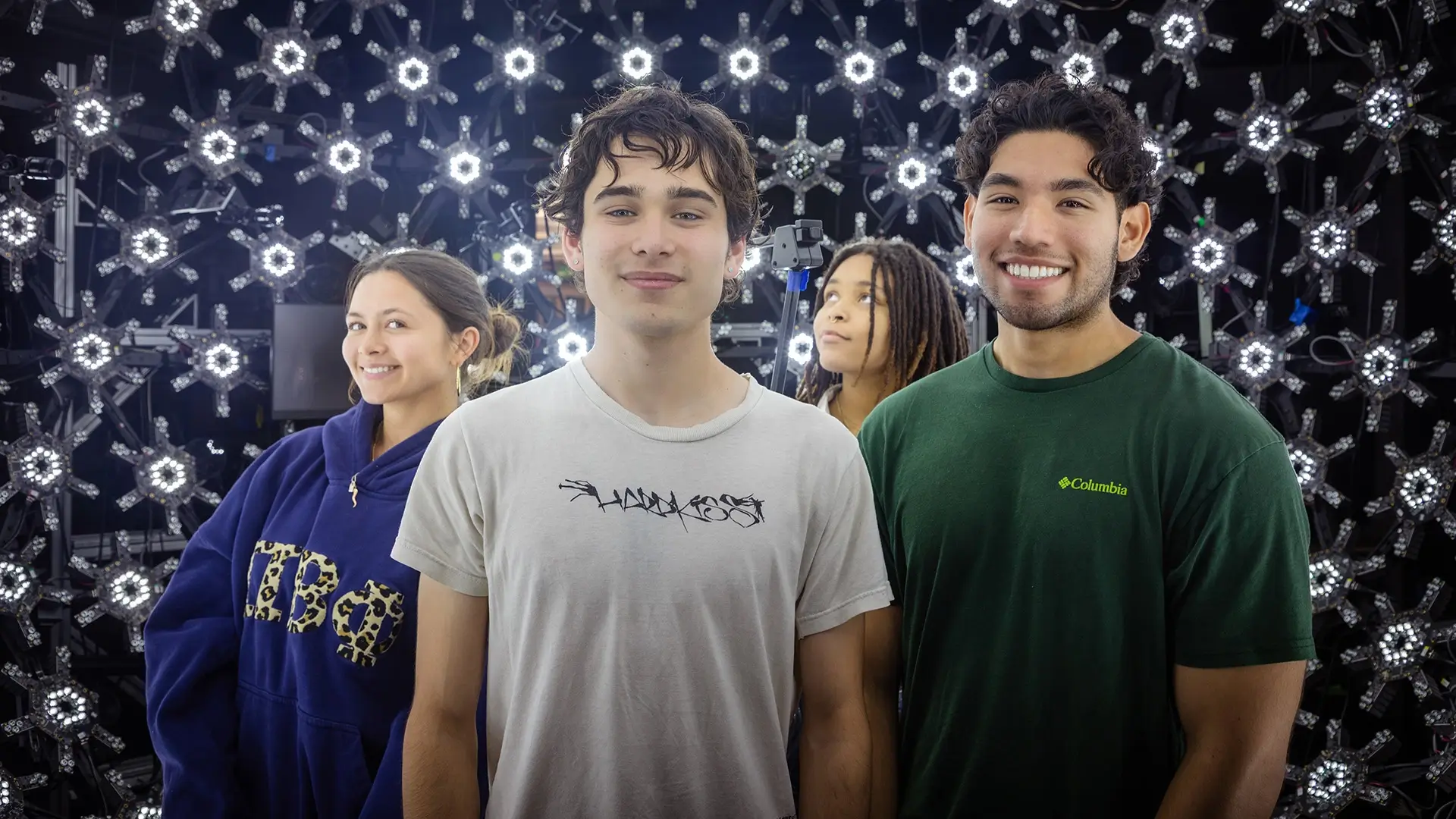By Dr. Randall W. Hill, Jr., Vice Dean, Viterbi School of Engineering; Omar B. Milligan Professor in Computer Science (Games and Interactive Media); Executive Director, USC Institute for Creative Technologies
At the USC Institute for Creative Technologies (ICT), we believe in cultivating future talent. This summer, we had the distinct pleasure of hosting a cohort of undergraduate students from the USC JumpStart Program—an initiative designed to create pathways into doctoral research.
JumpStart is administered through the USC Office of the Provost and offers a structured ten-week research experience for undergraduates from outside institutions who are considering future doctoral study. The program spans a range of disciplines—from STEM fields to the social sciences and humanities—and provides students with immersive, hands-on learning in a university research setting. You can learn more about this transformative initiative here: JumpStart Program.
ICT was honoured to be one of the host sites for a recent visit, providing students with a firsthand look at how interdisciplinary research is conducted at the intersection of artificial intelligence, immersive technology, and human performance. Throughout their time with us, students engaged with our world-class researchers, learned about the wide-ranging impact of our work, and saw how storytelling, simulation, and science converge to advance innovation with societal relevance.
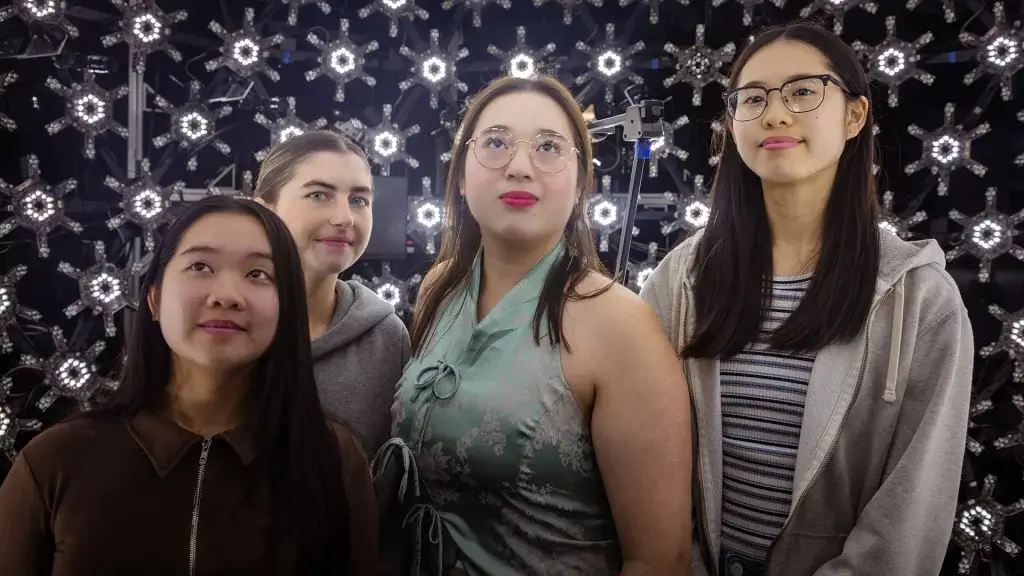
During their visit, the students toured several of our core research labs, each offering a glimpse into ICT’s unique research culture. In a presentation by Dr. Jonathan Gratch, Research Lead at the Affective Computing Lab, the students learned how machine learning and emotion-sensing technologies can enhance virtual agents and intelligent systems. Dr. Jill Boberg, from the Body Computing and Human Performance Lab introduced them to work at the forefront of physiological sensing and real-time adaptive systems, with applications ranging from rehabilitation to military training, while Dr. Ning Wang, Director, Human-Centered AI Lab talked about conducting research in the area of human-AI collaborative problem-solving, AI ethics and society, AI education and AI for education, trust between human and AI, and persuasive AI.
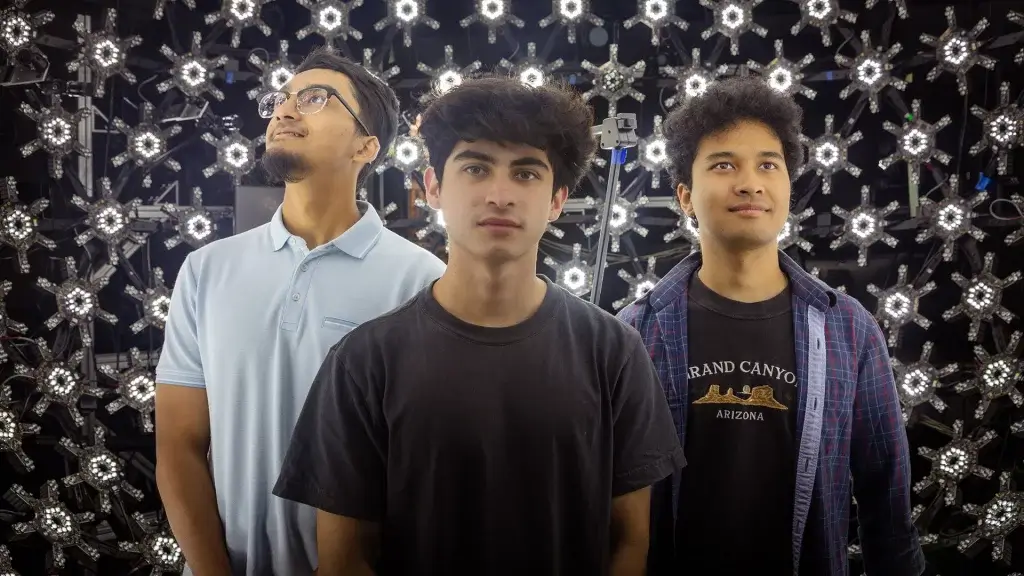
The group then went to visit our Mixed Reality Lab, where David Nelson and his team took students through virtual and augmented reality applications, which are used to create immersive simulations for the military.
Finally, Pratusha B. Prasad, Research Programmer (and PhD student herself), Vision and Graphics Lab, talked about cutting-edge techniques in computer vision, facial tracking, and photorealistic rendering.
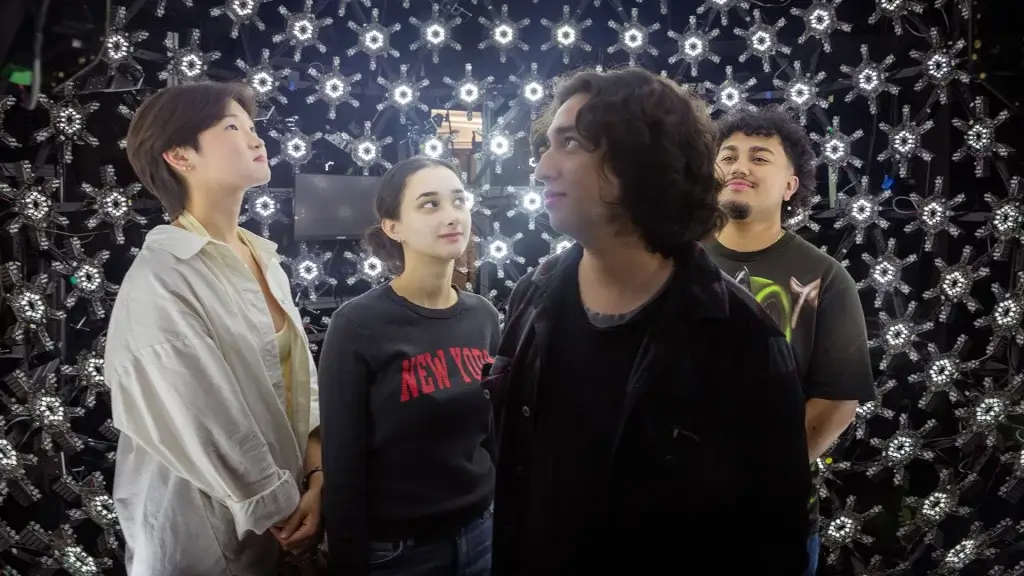
The tour concluded with a visit to our Academy Award-winning Light Stage, a breakthrough technology in facial scanning and digital human rendering. Here, the students (and the administrators of the JumpStart program) took part in a photoshoot and experienced the engineering precision and creative insight that have made ICT a fixture in both the academic and entertainment worlds.For many of the students, this was their first exposure to a research facility of this kind—where academic rigor, technological advancement, and narrative design are all in constant dialogue. As one participant remarked, “Seeing all these different disciplines working together gave me a clearer sense of what’s possible in a PhD program. It made the path feel real.”
That is precisely the kind of insight we hope to spark. We understand that the journey to a doctoral degree is not merely an academic one—it is a journey shaped by access, mentorship, and moments of inspiration. Programs like JumpStart help bridge that gap, offering students both the exposure and encouragement they need to pursue advanced study.
At ICT, we’re proud of our long-standing record of research and achievement: over 2,800 peer-reviewed publications with 150,000 citations; more than 140 faculty and staff honours; 278 intellectual property disclosures and 29 patents; and technologies used in 49 film and television productions. Our faculty include three Fellows of the Association for the Advancement of Artificial Intelligence and two winners of the Academy Award for Scientific and Technical Achievement. These accomplishments are not only milestones—they are a measure of the impact that research can have when it is grounded in curiosity, collaboration, and a drive to improve lives.
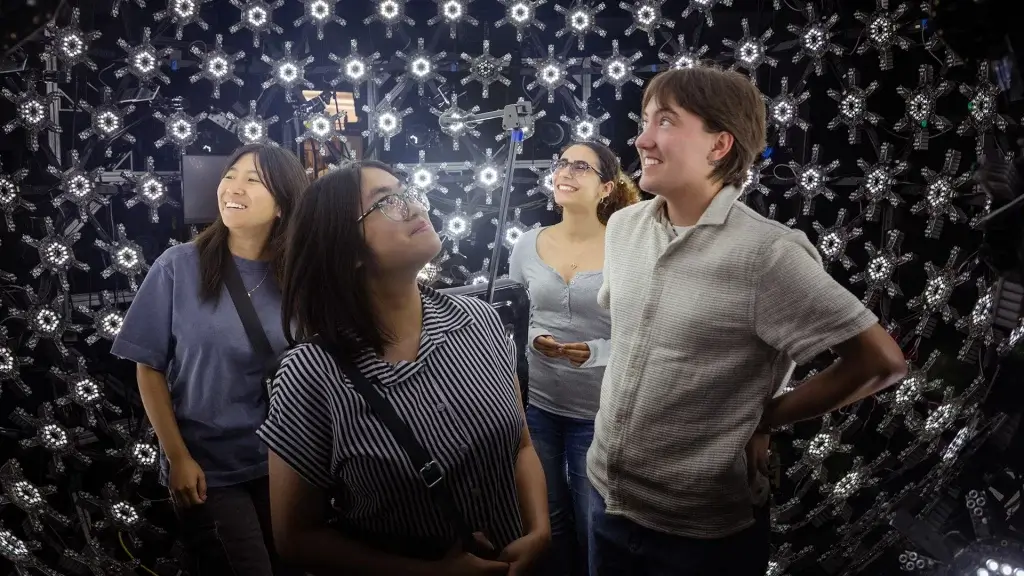
To the JumpStart students who visited ICT this summer: thank you for your curiosity, your engagement, and your aspirations. We hope your time with us offers a glimpse into what’s possible—and we look forward to the day when we may welcome you back as colleagues and collaborators.
//
